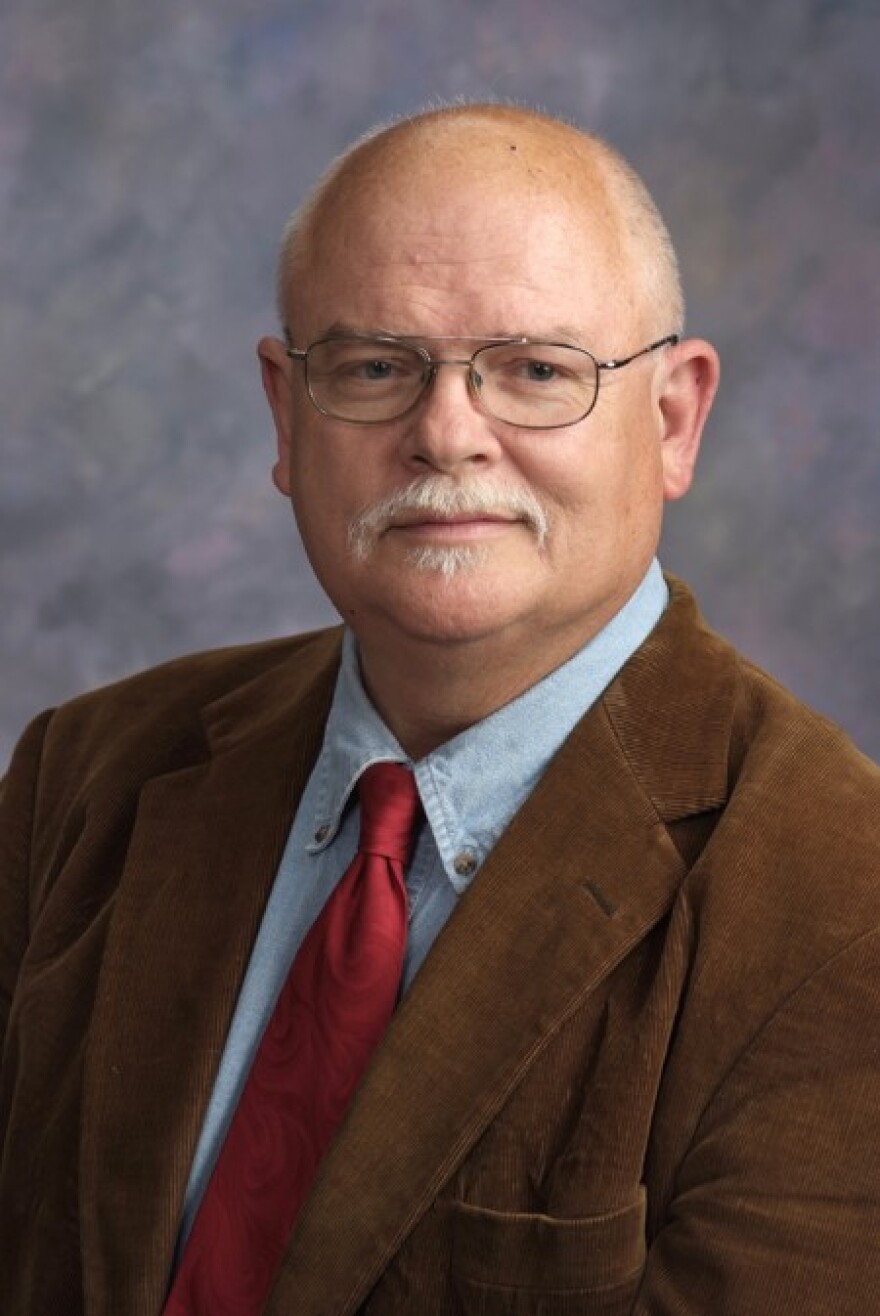A large and growing number of Americans are poor or at risk of becoming poor as a consequence of the Great Recession, and many will struggle during a recovery, according to a white paperreleased last week by the national broadcaster whose appearance last week at the 20th annual Martin Luther King luncheon in Peoria was cancelled after some people complained that he’d criticized President Obama.
Tavis Smiley, the radio and TV talk-show host who said Obama has not done enough about poverty issues, said he was removed as the event’s speaker because he tries to hold the president accountable. On Fox News, the progressive Smiley said, “I don’t see my role as one of criticizing the president. I see my role as one of holding the president – this and every other president – accountable.”
Last summer, Smiley and author Cornel West of Princeton University went on a 16-city Poverty Tour to highlight economic disparity. The white paper, “At Risk: America’s Poor During and After the Great Recession,” was prepared by the Indiana University at Smiley’s request to support Poverty Tour assertions.
Smiley said, “Many of the ‘new poor’ are the former middle class. Poor people are not moochers and welfare queens, as some would like you to believe. Our neighbors, colleagues and families are all struggling. It’s a problem all of us need to solve together, right now.”
While Republican presidential contender Newt Gingrich stepped up attacks on Obama for overseeing an influx of Americans using food stamps – implying that was somehow a goal, and not helping citizens –
Smiley in connection with the white paper moderated a discussion in Washington, "Remaking America: From Poverty to Prosperity," broadcast live on C-SPAN and rebroadcast on PBS and Public Radio International. The two and a half hour discussion can still be seen online.
The panelists were impressive, including West; personal finance expert Suze Orman; Oscar-winning filmmaker Michael Moore; and author Barbara Ehrenreich (“Nickel and Dimed: On (Not) Getting By in America”). They addressed problems noted in Indiana University’s paper, which explores how the recession affected the size and composition of America’s poor, examines the performance of safety-net programs, and highlights the impact of policies adopted to cushion the recession’s impact.
The paper’s key findings include:
* Poverty has increased significantly. Some 46.2 million Americans lived below the official poverty level in 2010, about 15.1 percent of the population. That number grew by 27 percent since 2006, while the population increased by 3.3 percent.
* Increases in poverty were greatest among Hispanics and African-Americans, children, households headed by women, and working-age adults, especially people between ages 18 and 34. One in five U.S. kids lives in poverty, and almost half of them (9.3 percent) live in extreme poverty. Plus, 19 million Americans now live in extreme poverty, meaning their family income is less than half of the poverty line (about $11,000 a year for a family of four).
* Those without health insurance increased 9.5 percent, to 50.7 million, in 2008.
* About 16 million low-income households paid more for rent and utilities than the government says are affordable, or lived in overcrowded or substandard housing. Foreclosure affected nearly half a million more homes in 2009 than in 2008, a 21 percent jump. The nation’s homeless population increased by about 20,000 people from 2008 to 2009 (3 percent).
* Safety-net programs had mixed success. Programs such as Medicaid, food stamps and Unemployment Insurance responded robustly, but programs that depend on discretionary spending were less effective.
*The economic decline’s impact would have been worse if not for 2009’s stimulus package, but most of those funds have now been spent. With the stimulus ending and state tax collections lagging, states face growing problems. Some are cutting spending on programs such as Medicaid.
* Federal deficits are creating pressures to cut spending, which may adversely affect the poor.
The paper adds, “Promoting sustained economic growth while at the same time protecting the well-being of the poor, the near poor and the new poor is the central challenge for the leaders of the United States.”
It’s too bad people in west-central Illinois – or Newt – couldn’t hear that for themselves.
Bill Knight is a freelance writer who teaches at Western Illinois University. The opinions expressed are not necessarily those of WIU or Tri States Public Radio



